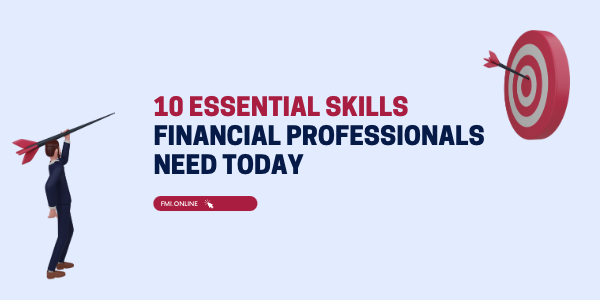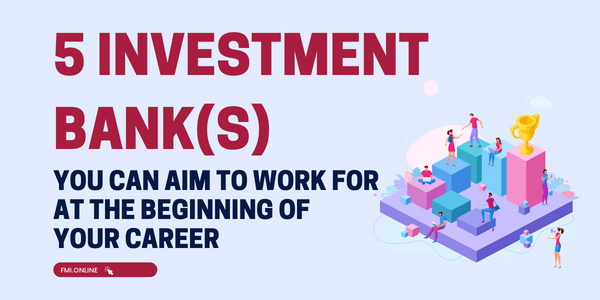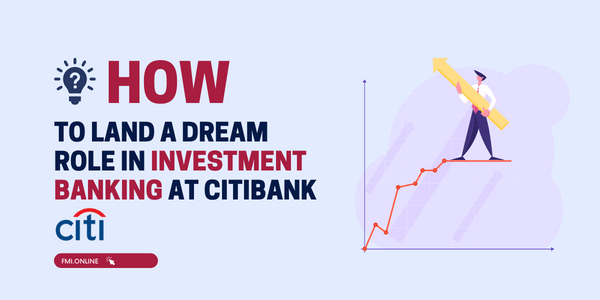As we all know, a job in the financial markets requires an understanding of maths. Learning maths for the financial markets with no prior experience can feel scary. It is not necessary to be an expert in mathematics, however, it is essential to know the basics.
During the actual job, investment bankers don’t use complicated maths. They use templates and models that have been made to compute numbers. So knowing advanced maths is not a prerequisite. It is enough to learn how to perform basic calculations and understand the main concepts.
For anyone who does not belong to a commerce background, learning maths can seem like a daunting task. Arithmetic concepts can also feel like advanced mathematics to them. Here are some things to keep in mind while starting the journey of learning maths for a job in IB:
Not all investment banking fields require the same maths skills
We can broadly divide investment banking into two divisions – corporate banking and quantitative banking. The quantitative divisions require understanding higher-level maths concepts and good technical skills to perform mathematical computing.
Corporate banking fields require a basic knowledge of maths. Adding, subtracting, multiplying, dividing, and compound growth calculations are enough. Having advanced maths on your resume will not give you an edge over others. It will only show the recruiters that you can grasp maths concepts fairly easily.
Recruiters don’t dive too deep into your classes
Whether you have mentioned 10 challenging classes or 10 easy ones, recruiters will not care too much. They are more focused on the overall score/GPA. They do not have the time to analyse each class mentioned and check the difficulty level. It is better to focus on learning basic maths and getting good scores instead of trying to ace higher-level maths and get average scores.
If you have no prior experience, how can you learn maths for your finance job?
You should start with the foundational concepts. This will include interest calculations, arithmetic calculations, algebra, etc.
If you build your way slowly, you will have a better understanding of the higher-level concepts and you will be able to apply your learnings in real life. It is best not to jump straight into advanced maths.
To start at a beginner level, you can check out this FMI course. It will teach you:
- Financial maths for capital markets
- Financial statistics
- Financial maths for derivative markets
By learning these concepts you will feel ready to take on the job! It will equip you with the basic knowledge and concepts you will use most during work.
Conclusion
For someone with no prior experience, maths for investment banking can feel like a daunting task. With the right attitude and courses, you can grasp maths just like a finance degree holder can.
You must first decide which field you want to enter within IB. Having this clarity will help you understand the scope and depth of maths you need to learn.
Corporate banking fields require basic knowledge while trading and hedge funding require advanced maths. Don’t put too much pressure on yourself if you can’t understand higher-level maths. Chances are you will not even use it. It is essential to enrol in a good course so you can clear your doubts and understand everything well.
Good luck with your maths journey!












 60+ hours
60+ hours 9 courses
9 courses



